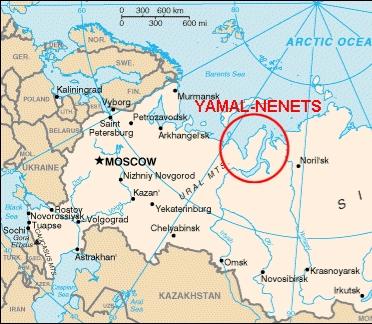Oil giant Shell halts future investments in Russia over Ukraine tensions

The company logo of Royal Dutch Shell, an Anglo-Dutch oil and gas company, is seen on the building and on a flag flying outside the head office in The Hague

Royal Dutch Shell was hopeful that it will gain an equity stake in a giant Russian gas field that could supply all of the world's needs for a decade.
Shell will continue to oversee its existing operations and will cooperate with any sanctions placed upon Russia by Western powers.
Almost four years after Shell was forced to cede control of a $20bn (£12.8bn) gas project to its Russian rival Gazprom, in November 2010 the two companies have signed a new agreement on "global co-operation".
The pact make it easier for Shell to access Russia's vast oil and gas reserves in Siberia and the far east. In return, state controlled Gazprom become a partner on as yet unspecified Shell projects outside Russia.
Analysts said that the arrangement allow Gazprom to reduce its dependence on selling gas via pipeline to Europe – where demand for gas, at that time was falling – and help it to tap growing markets such as Asia. Gazprom, which does not produce significant quantities of gas outside Russia, become able to develop its technical expertise, particularly on projects producing liquified natural gas, which can be shipped around the world by tanker.
Gazprom's influence – and financial clout – have been weakened because of an unexpected global "gas glut" as new techniques make unconventional projects like shale gas and coal bed methane gas viable.
Shell, like most non-state controlled international oil companies, was finding it increasingly hard to access new reserves. More of the world's oil is now controlled by state-owned companies. In December 2006 Shell was forced to halve its controlling stake in the huge Sakhalin II project in Russia's far east and hand control to Gazprom following intense pressure from the Kremlin.

Sakhalin Island Map showing offshore oil platforms and both Shell and Exxon's Piplines.
Peter Hitchens, analyst from stockbroker Panmure Gordon, said it was "slightly ironic" that the company was forging such a pact with Gazprom given the pair's history. But he added that the experience demonstrated that foreign companies partnered with Gazprom do better than those operating independently in Russia. The project began production in 2009 and both companies for some time are discussing the possibility of expanding Sakhalin II so it can export more liquified natural gas.
Shell has also found itself partnered with Gazprom on the Salym oil and gas field in western Siberia. Its original partner, the UK-based Sibir Energy, was taken over by Gazprom in 2009.

No comments:
Post a Comment